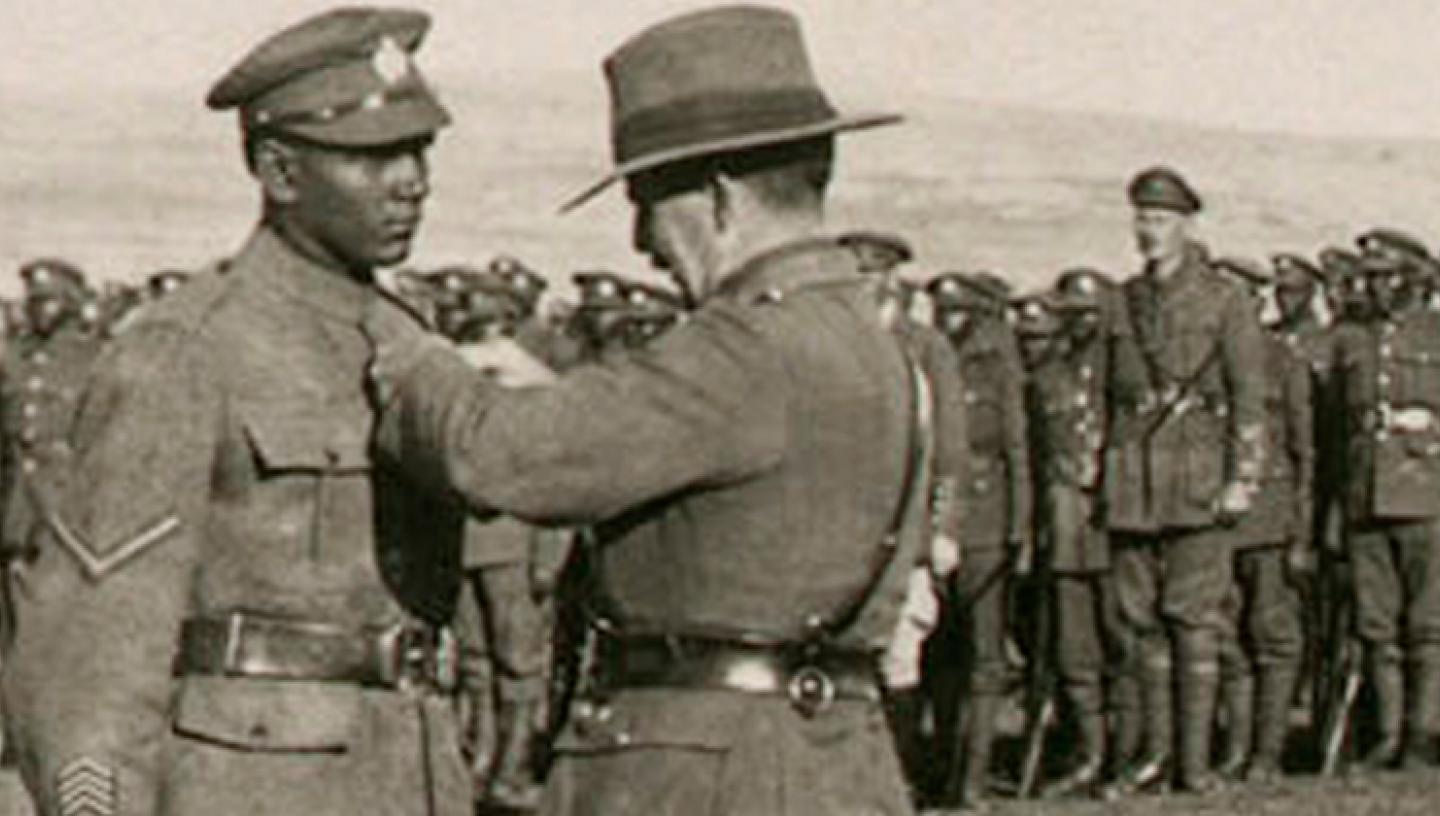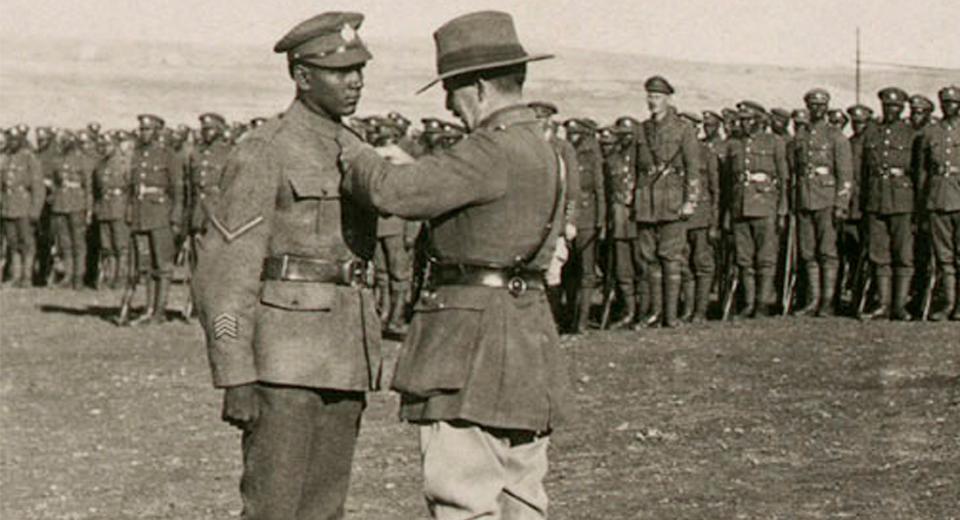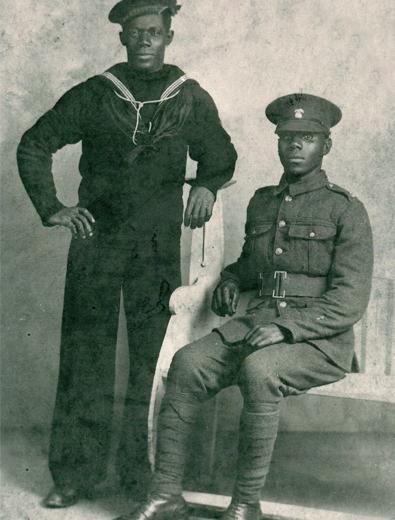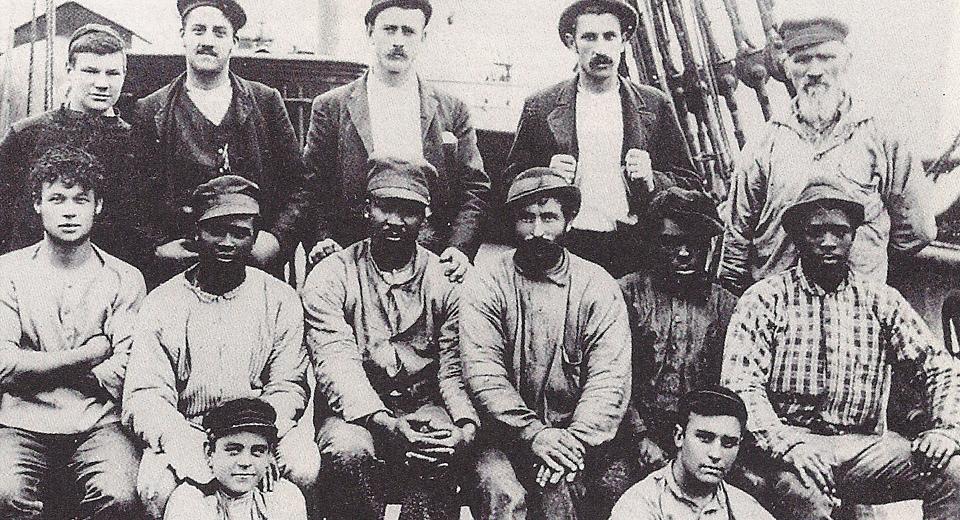
Author and historian Stephen Bourne shares stories of the African and Caribbean Royal and Merchant Navy personnel who served in the First World War.
I am not a military historian, but when the opportunity came to me to write a book about the contribution of black soldiers and sailors to the First World War - to coincide with the 2014 centenary - I did not allow my lack of military expertise to prevent me from undertaking this project. I was keen to extend the story of the Great War by including Britain’s wider black community to give the servicemen a context.

I was deeply moved by some of the stories I uncovered, such as the tale of Private Herbert Morris, a sixteen-year-old Jamaican lad who joined the British West Indies Regiment but suffered trauma on the front line, where he stacked shells. Consequently he was executed for desertion, though pardoned in 2006.
Photographs were difficult to locate, but I was fortunate to be given permission by the family of Marcus Bailey to feature him in his sailor’s uniform on the cover of the book. Marcus, who came from Barbados, joined the navy in 1903 and was a member of the crew of the HMS Chester during the First World War. He was serving on the ship when it was hit by seventeen 150mm shells during the Battle of Jutland. Marcus continued to serve in the Merchant Navy after the war until he died, in 1927, at the age of 43.

Black Poppies concludes with a ‘snapshot’ of Britain’s black community in 1919, a watershed year which witnessed, amongst other things, the anti-black ‘race riots’ in our seaports where black sailors had settled and made their homes, the beginnings of jazz music in Britain and the influential work of some of our earliest black-led publications and organisations, including the African Progress Union.
Though black settlers have been part of our landscape since at least the 15th century, it is generally accepted that the arrival of the Empire Windrush in 1948 marked the beginning of the modern black community in Britain. It is possible that 1919 will now stand out as an earlier landmark year.

To find out more about the contribution of black soldiers to the First World War, visit Stephen's talk